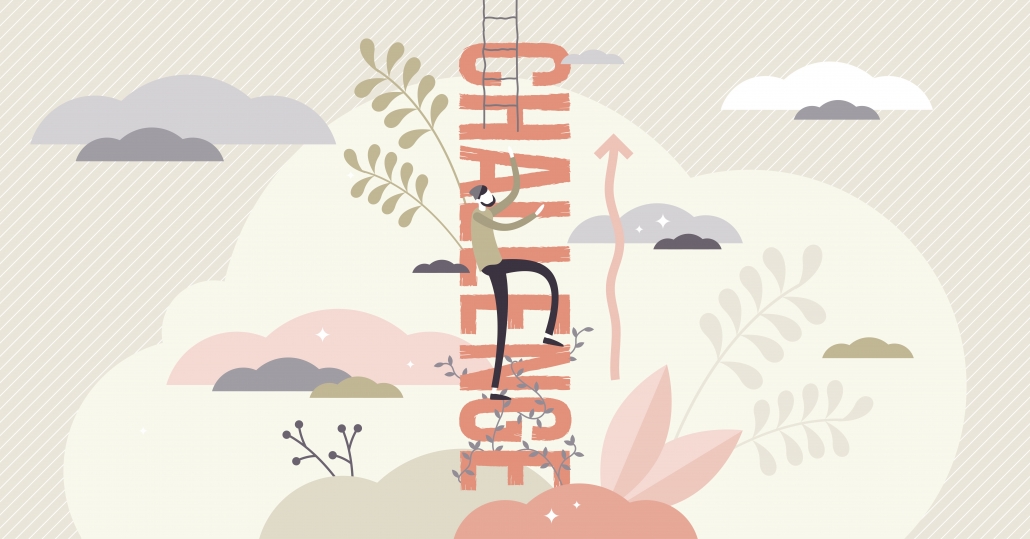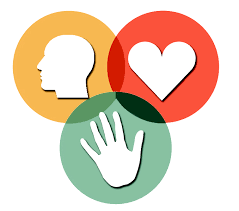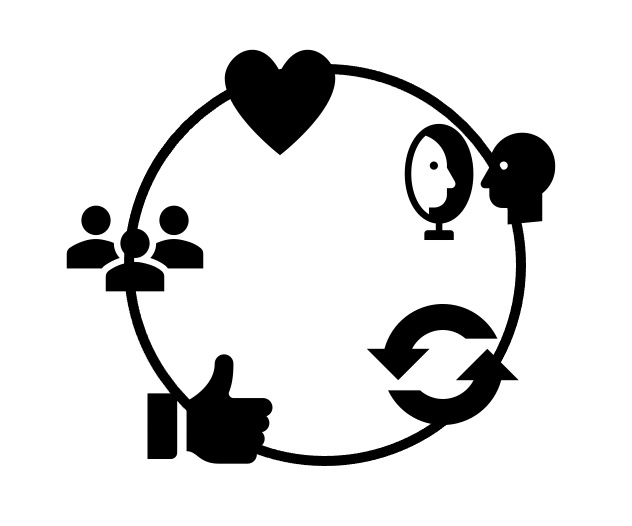‘Indomitable Will’ is one part of what Jim Collins (author of Good to Great) calls Level 5 Leadership, along with Humility.
Humility is not the absence of confidence, and last week I shared 5 practical ways to balance both.
Strengthening Will is a bit trickier in that it requires more effort….
Combined with ambition, self-awareness, and an ability to put others first, these qualities separate top-performing leaders
from even those who are effective and competent.
“It’s not that I’m so smart, it’s just that I stay with problems longer.”
Albert Einstein
What is Will?
Will is that drive that comes from deep within us, that propels us toward an outcome and enables us to work through or get around obstacles, setbacks or external pressures.
Will encompasses our enlivened senses, energy, and action which are directed towards achieving one’s purpose or very long-term goals.
Angela Duckworth calls it Grit: again, a combination of passion (energy and zeal) and perseverance (persistent action) for very long-term goals.
It’s stamina and, as Duckworth states, “it’s living life as a marathon not a sprint”.
It’s also important to note what it isn’t. Will is not talent and it’s not luck. People who have talent for a particular task and push through it with ease are not exhibiting Will.
Will requires conscious effort and focus, as well as self-discipline to persist.
It is our striving to achieve something, or to do something well or ‘better’.
It’s internal and it’s personal. (And for that reason, it’s difficult to assess by observation or outcome whether someone is making conscious effort.)
The key practice in developing stronger Will
From my readings, the essence of strengthening Will could be distilled to.. deliberate practice with conscious effort on a task where challenge exceeds skill.
Deliberate practice helps to improve performance, and conscious effort (focussed attention) exercises the brain and strengthens neural pathways.
Deliberate practice can be applied to:
- our thoughts (e.g., mindfulness, or consciously choosing what we think)
- our feelings (i.e., consciously choosing to feel a particular way), and
- our actions (e.g., learning something new that requires conscious effort)
When we are aware (conscious) of our inner effort, then we are aware of our Will.
When we push through our resistance or excuses, then we exercise our Will. The more we do this, the stronger it gets.
Strengthening your Will
Duckworth has outlined two key ways to develop grit (in her book of the same name). These are:
- From the inside out (cultivate your interests, practice daily habits where challenge-exceeds-skill, connect your work to a higher purpose, and learn to hope when all seems lost); and
- From the outside in (when family, peers and colleagues encourage persistence).
An overview of these approaches is available here.
Some additional ways to strengthen your Will
Establish rhythm and/or ritual
When you have rhythm and ritual for some part of your day or week, it cultivates a practice that is ‘just what I do’.
Rhythm and ritual work with your brain’s need for certainty and routine, and this makes it a little easier to persist with something challenging. For example, a long-term goal to run a marathon is easier when there is a rhythm to your training, and a long-term goal to finish an MBA is easier when there is rhythm to your study, even though conscious effort is required.
Retain an open, flexible mind and a growth mindset
An open mind helps avoid our rhythms and rituals turning into rigid and inflexible approaches to the world.
A flexible mind keeps us open to different pathways to achieve a goal, which means we’re more likely to look for alternative solutions when a blockage arises.
A growth mindset keeps challenges in check, seeing them as opportunities to learn. Duckworth noted this as a key contributor in developing Grit (TED talk).
Remember to choose consciously
This exercises our free will (that is, “I” as an instigator of my actions).
It also exercises our “free won’t”: that is, while your physical brain might automatically generate an impulse, thought or a sensation, you can exercise choice in whether you respond and how you respond.
Our choice of language is important here: for example, “I choose to …” is more psychologically empowering and affirming than “I have to …”. The right language can help us stay on track towards achieving our goals.
Practise mindfulness or meditation
This could be as little as 5 minutes each day.
There’s considerable research that shows how mindfulness or meditation strengthens our ability to focus on what’s in front of us, to persist and persevere, and to remain calm in the face of obstacles, all of which help to strengthen our Will.
Everyone experiences difficulties and challenges – this is part of life.
The more you persevere, the more it becomes part of who you are and the easier it will be to persevere.
Additional Information:
- Assess your level of grit on Duckworth’s Grit scale: https://angeladuckworth.com/grit-scale/
- Q&A on Grit: https://angeladuckworth.com/qa/
- James Clear has a short article on developing grit here: https://jamesclear.com/grit
“Nothing in this world can take the place of persistence.
Talent will not; nothing is more common than unsuccessful men with talent.
Genius will not; unrewarded genius is almost a proverb. Education will not; the world is full of educated derelicts.
Persistence and determination alone are omnipotent.”
Calvin Coolidge, 30th President of the United States









